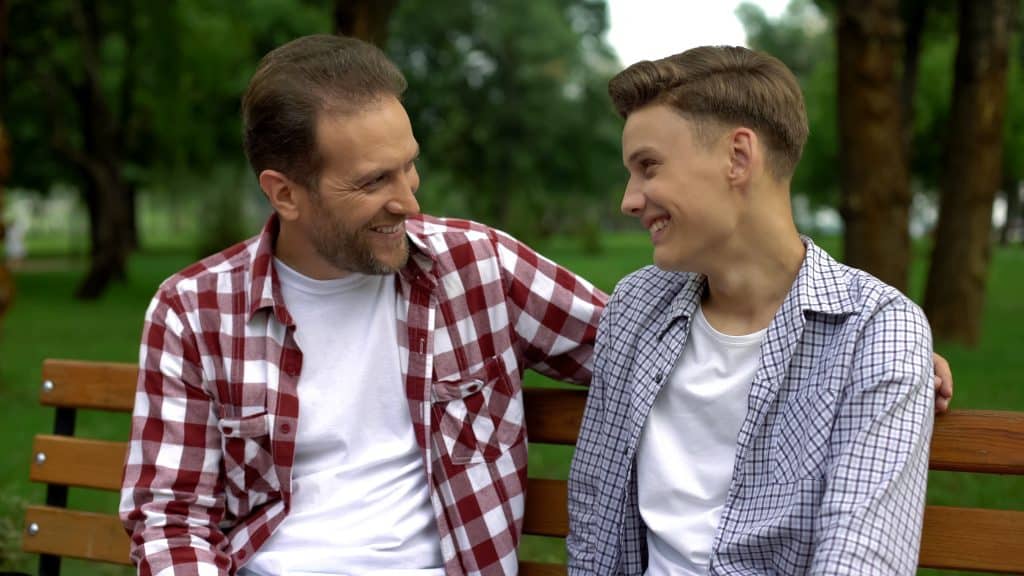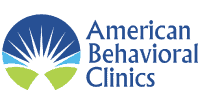 Did You Know?
Did You Know?
- For middle and high school age youth (ages 12-18), suicide is the 2nd leading cause of death. (2016 CDC WISQARS)
- For college-age youth (ages 18-22), is the 2nd leading cause of death as well. (2016 CDC WISQARS)
- Over-all, suicide is the 2nd leading cause of death for youth and young adults ages 10-24. (2016 CDC WISQARS)
- Each week in the United States, we lose approximately 100+ young people to the national health problem of suicide.
According to a 2017- CDC Your Rich Behavioral Survey:
- Over one out of every six of our nation’s youth (17.2%) seriously considered suicide in the previous 12 months.
- Almost one out of every seven young people (13.6%) actually planned to attempt suicide in the previous 12 months.
- Over one out of every fourteen young people (7.4%) reported attempting suicide one or more times in the past 12 months.
Firearms remain the most commonly used method. Suffocation, hanging, and poisoning have seen dramatic increases recently. More than 90 percent of people who die by suicide have demonstrated risk factors such as depression, other mental disorders, or a substance-abuse disorder (often in combination with other mental disorders). Four out of five teens who attempt suicide have given clear warning signs. Suicide is one of the LEADING causes of PREVENTABLE death in our nation today.
Working Together to Give Our Youth A Promise for Tomorrow
Parents
As parents, you can educate yourselves about the magnitude of the problem. Below is a list of things you can do in your own home and community for the awareness and prevention of youth suicide.
- Educate yourself about the magnitude of the problem, the signs of concern, and the tools of prevention.
- Encourage your local school system to incorporate a suicide awareness and prevention curriculum into their guidance or health/wellness programs.
- Encourage the administration of your local school to provide staff training for all school personnel.
- Encourage your local schools and youth organizations to place American Behavioral Clinics on their website as a resource for held and guidance.
- Encourage your local service organizations, churches, and community centers to become aware of the problem of youth suicide and its prevention opportunities.
- Watch and listen to your children and pay attention to sudden changes in behavior that cause you concern.
- Be willing to seek professional help and guidance if you feel your child is becoming depressed to contemplating hurting him/herself.
- Talk openly and honestly with your child or your child’s friends about your concerns and be supportive in helping them cope with their feelings.
Existing Patients and New Patients, Call us to schedule an appointment, get a prescription refill or just to ask a question:
New Patients ONLY - Want to contact us through a form? CLICK HERE to fill out our contact form.





